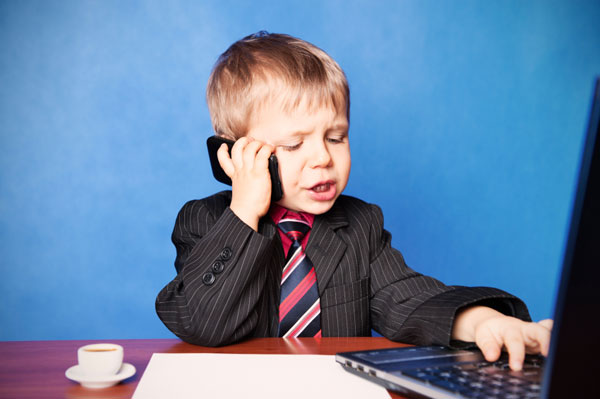
Your political offspring
All of a sudden, your preteen son refuses to drink from plastic water bottles and recites information about water bottle usage and environmental impact, then asks to listen to NPR. Your adolescent daughter wants to give all her allowance to Free Tibet and has started showing real emotion when talking about political issues. Whoa. What happened?
Kids have a way of surprising us. Their personalities are their own, often in spite of us parents, and what piques their interests can be a mystery. Why does one child feel compelled to get involved in a local election while another could care less? There are as many answers to that as the reasons politicians “stretch the truth!“ As a parent, it can seem annoying or even amusing when a child goes down a political path.
Where did this come from?
If you are a politically aware and active person yourself, it may be very obvious where this political interest originated. But if you are not so inclined, your child’s political interest may be a little surprising. The first bit of influence may have come from about anywhere. It’s likely best to ask your child where he or she heard about the issue and what attracts them so much. This is a great way to open up dialogue and help understand when and how to encourage your child’s emerging interests.
What do I do about it?
First of all, do you have to do anything about it? As our children get older, they develop their own interests and ideas. Even when ideas and beliefs diverge from our own, it’s part of their process of growing up, not ours. As long as you aren’t seeing destructive behaviors and beliefs , the best thing you can do is keep a dialogue open. As with so many things in a child’s life, interest may wane after a while — or it might not.
Tolerance and support
If politics is something that doesn’t interest you, you do need to choose how much you will support your child’s interests. Will you drive her to meetings or demonstrations? Or simply tolerate his near constant commentary on the topic? There’s no one right answer here.
Learn together
When a child becomes politically aware and active, it’s a great opportunity for the whole family to learn more about the issues at hand, from multiple different angles. This not only teaches about a single issue, but about what it means to be truly informed on a topic.
If and when your child becomes politically active, you might be taken aback at first. But then step back, look at the big picture, and work to have an open, ongoing conversation with your child about her interest and reasoning. You might even learn a little something — and get a little more politically active — in the process.
More on kids and politics
Talking politics to kids
Raising a Weepublican or a Demoquat: Getting your kids involved in politics
Monday Mom challenge: Consider your political tone